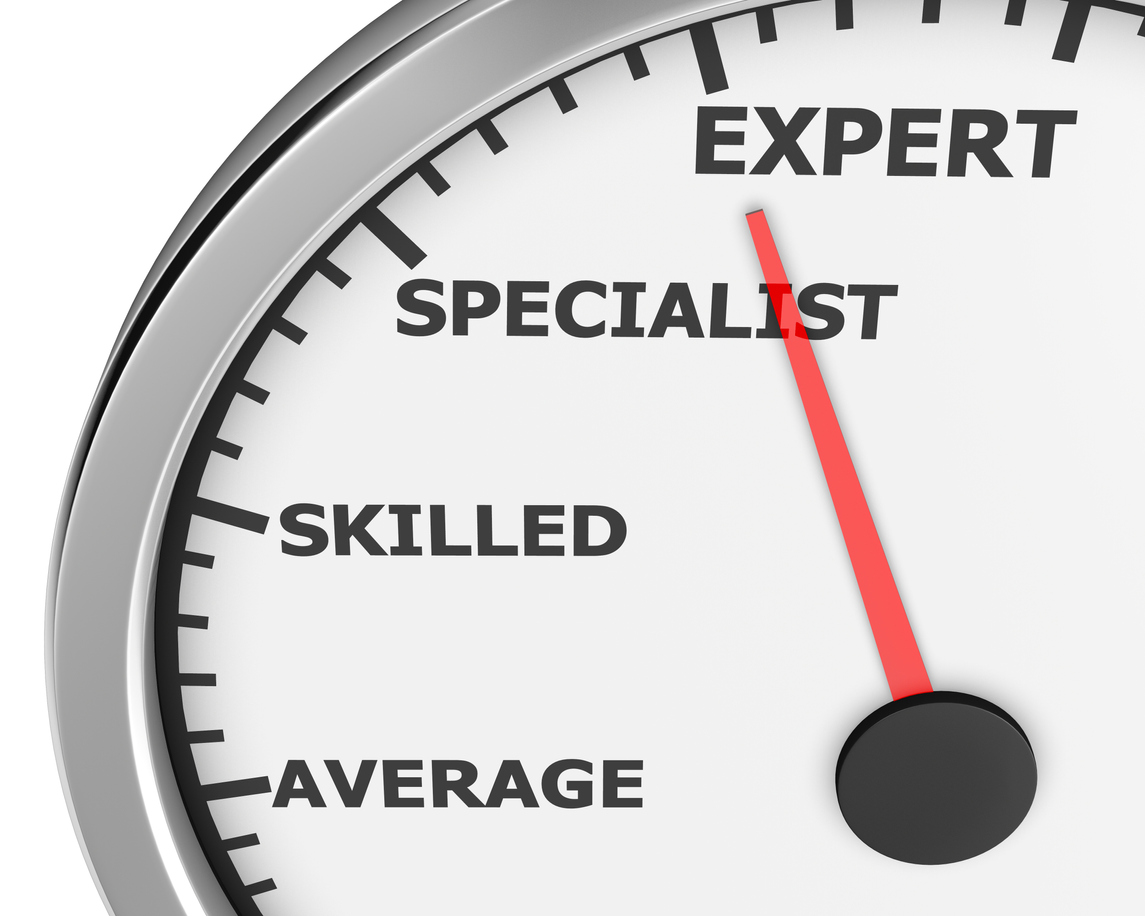
In the legal world, there are generally two types of witnesses that you will see: (1) fact witnesses and (2) expert witnesses. Well, technically there are three, if you count hybrid witnesses. These types of witnesses serve both factual and expert purposes.
More specifically, a hybrid witness is a fact witness who also happens to have the requisite knowledge, skill, or expertise to provide opinion testimony and whose opinion is formed as a result of the witness’ involvement in the subject events.1
A hybrid witness is commonly said to serve a “dual purpose” as they are allowed to testify about both the facts and their overall expert opinions.2
As an example, in first-party property insurance law, hybrid witnesses may show up as public adjusters. The public adjuster will have worked on the case, likely inspected the subject property and drafted an estimate/report which places them as a fact witness. On the flip side, and if deemed as a hybrid witness, the public adjuster will also be able to offer opinion testimony due to an expertise in an area such as construction or repair costs.
So why exactly would a first-party property insurance plaintiff wish to deem a public adjuster as a hybrid witness? What are the advantages? Authors who have spoken on the subject of the hybrid witness explain the advantages of using these types of witnesses. Some of the most common advantages are: (1) direct knowledge of the relevant information, (2) cost savings, (3) time savings and (4) favorable jury perception.3
The main advantage, it seems, is that because these hybrid witnesses have become so acquainted with the subject matter of the case, they have more experienced knowledge and will ultimately save the party money.4 Rather than spending money on a subject expert who must take the time to get familiar with the case and its facts, these experts will have first-hand experience into the matter and thus will save costs in the long run.
It must be noted that use of expert witnesses will generally require a signed, written report pursuant to applicable federal or state law. However, this requirement differs in regard to some hybrid witnesses. While a public adjuster may have to file a written report if they were a hybrid witness, an insurance company’s adjuster may not have to. It will ultimately come down to distinguishing whether they are a legitimate hybrid witness or a normal expert witness (resulting in them having to comply with stricter requirements).
So, it is important to distinguish between the two categories. However, the distinction between the hybrid witness and expert witness sometimes gets muddled.
Courts have considered insurance adjustors hybrid fact/expert witnesses under Rule 26(a)(2)(A), who may provide opinion testimony at trial, without generating a signed, written report pursuant to Rule 26(a)(2)(B) because they were actual participants prior to litigation, they do not receiv[e] additional compensation for their testimony at trial, their opinions regarding the costs of repair and replacement are part of the normal insurance adjustment process’ and were not given at the request of counsel, and their opinions are not based upon any facts, information or documents generat[ed] by the subsequent litigation.5
So how does a court determine whether a witness is a hybrid witness? Generally, they will look to the source of the facts on which a witness relies for the opinion; often looking at whether the witness opinion is based on facts the witness learned or, through observations the witness made during the normal course of his duties.6
The distinguishing characteristic between expert opinions that require a report and those that do not is whether the opinion is based on information the expert witness acquired through percipient observations or whether, as in the case of retained experts, the opinion is based on information provided by others or in a manner other than by being a percipient witness to the events in issue.7
As explained, designating an expert (such as an insurance adjuster) as a hybrid witness may have its clear advantages in the use of a case. Ultimately, the decision to do so will come down to the position of the witness in the case and his testimony.
Please join us at 2 pm to discuss whether public adjusters, contractors, and others on the scene can testify about the amounts of loss. I will be joining Chip Merlin along with Drew Houghton and April Hall, in this very important discussion. Here is the link for this afternoon’s Tuesday at 2 With Chip.
______________________________________________________
1 Jon. M. Talotta & Michael M. Smith. Getting a Handle on the Basics of ‘Hybrid’ Witnesses in Virginia Federal and State Practice, Legal Focus/Civil Litigation. https://www.hoganlovells.com/~/media/hogan-lovells/pdf/publication/getting-a-handle_pdf.pdf
2 Discovery of Experts, BL FL-CLE 8-1
3 Peter A. Lauricella & Nicole Haimson. United States: Working Hybrid Witnesses. mondaq. https://www.mondaq.com/unitedstates/personal-injury/978788/working-hybrid-witnesses
4 Id.
5 Pendarvis v. Am. Bankers Ins. Co. of Fla., No. 06-772, 2008 WL 8715813, at *3 (M.D. La. Jan. 24, 2008) (citing St. Paul Mercury Ins. Co. v. Capitol Sprinkler Inspection, Inc., No. 05-2115, 2007 WL 1589495, at *11 (D.D.C. June 1, 2007)).
6 Peter A. Lauricella & Nicole Haimson. United States: Working Hybrid Witnesses. mondaq. https://www.mondaq.com/unitedstates/personal-injury/978788/working-hybrid-witnesses
7 U. S. v. Sierra Pac. Indus., No. 09-2445, 2011 WL 2119078, at *4 (E.D. Cal. May 26, 2011); Smith v. Jacobs Eng’g Grp., No. 04-496, 2008 WL 2781149, at *2 (N.D. Fla. Apr. 18, 2008) (“A damages assessment completed by an insurance adjuster days after an accident is not unlike the diagnosis of a physician treating an injured person.”).




